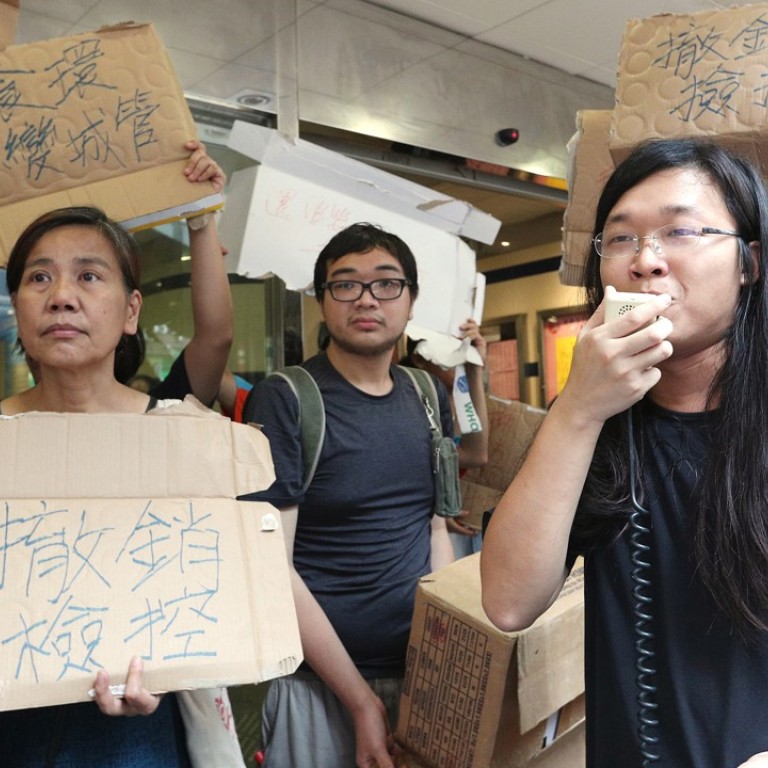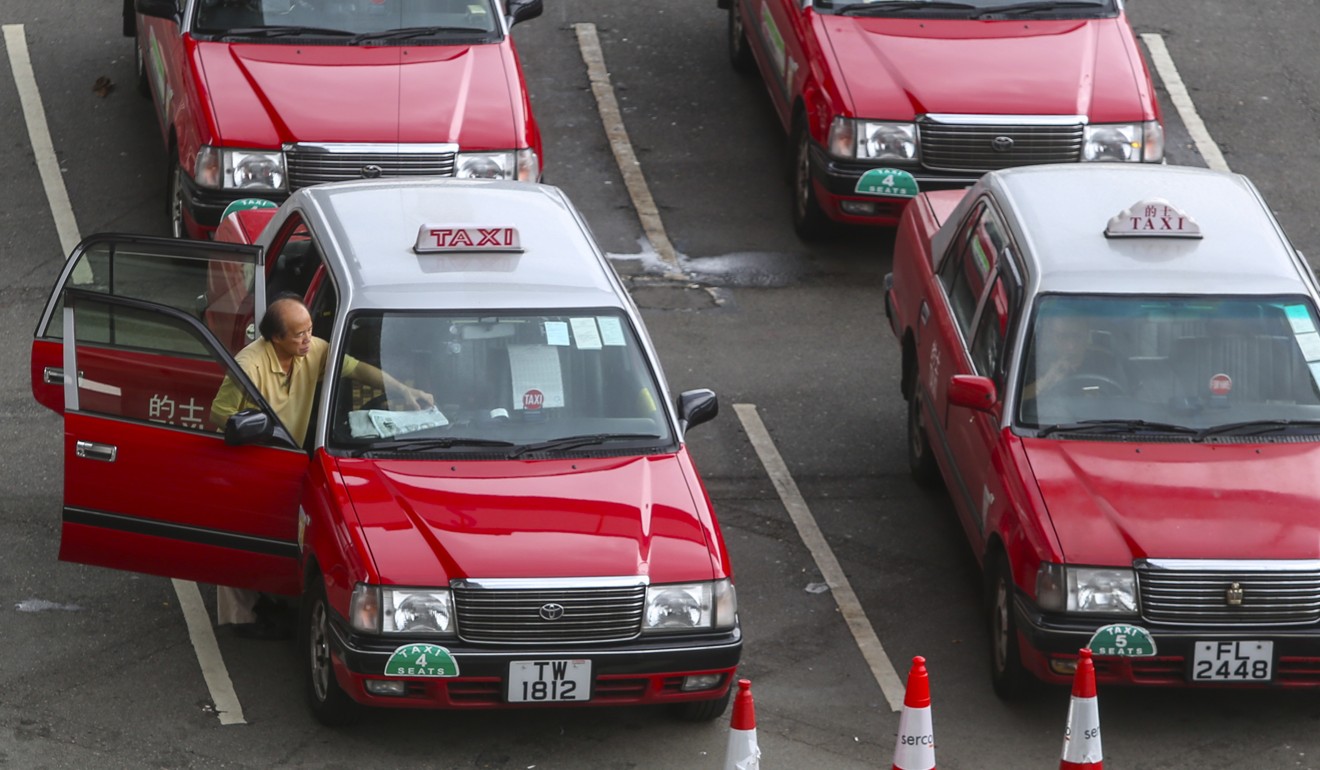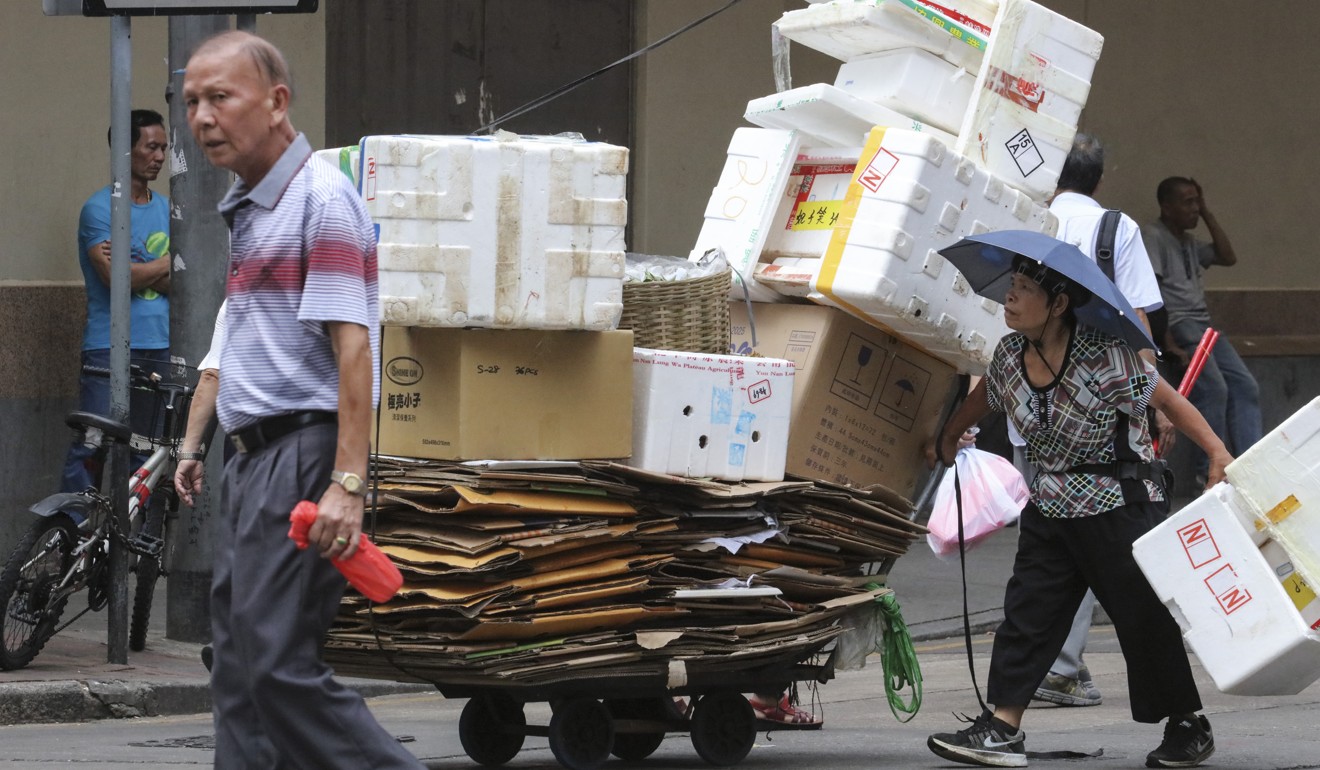
How Hong Kong’s government takes from the poor and gives to the rich
Bureaucrats find unique ways of giving public money to rich people
One of the few advantages of a 4am wake-up call to present RTHK’s morning business programme to a grateful nation is that you get to meet a new taxi driver every day.
In the early hours, there is no traffic, no stress and no fellow taxi drivers to engage in noisy conversation. That can lead to some relaxed chats with the passenger. I have learned a lot.
A taxi driver has a target of HK$1,300 per 12-hour shift. The licence owner charges HK$650 in rent and maintenance and the driver pays for petrol, taking home just HK$15,000 a month. That is HK$48 an hour, the same as a clerk or receptionist. It is necessarily a retirement job – the average cabbie is aged 58, and 80 per cent are over 50.
At the top of the industry food chain are those who own multiple licences and control 20 per cent of the transport functional constituency. They had the political presence to demand a 10 per cent fare rise in February – ostensibly because the last one was granted five years ago, although at that time the oil price was double (other costs have barely risen). The owners increased the taxi rent, leaving the drivers little better-off. Essentially the government organised a transfer of wealth from the travelling public to the rich, politicised operators.

We find unique ways of giving public money to rich people in Hong Kong. The MPF “offset” currently allows employers to raid their employees’ pension funds to pay for their own redundancy costs. This is a disgrace; there is no easy way to dress up something so self-serving. Yet the government is proposing a HK$6 billion fund to compensate for the terrible stress on millionaire employers who have to stop pilfering from their employees’ pension pots. The government should just say no. It is yet another transfer from the taxpayer to rich people.
Even the politically powerful and wealthy Heung Yee Kuk wants government money to compensate it for giving up country park land that is worthless for development. Just say no.
The 10 wealthiest people own 48 per cent of Hong Kong’s economy, making our measure of inequality, the Gini-coefficient, the highest in Asia. Two of Hong Kong’s billionaires are in the global top 30. They have become rich in a low-tax, relatively unregulated economy protected from competition. We need a toothy competition commission to break down the cartels but little will change while employers are over-represented in the political system and labour associations are political, not social. Nobody speaks for the poor bloody infantry.

If continued dissatisfaction of especially young people with their future continues, further Occupy Centrals are certain. Be really clear: this is not politics but economics. Hong Kong’s further success will depend on more social justice that will give the people (that the cartels depend on) hope in their future.
This week’s Hong Kong hero is a 75-year-old woman arrested by six burly officers from the Food and Environmental Hygiene Department for selling a piece of cardboard for HK$1 to a domestic helper without a hawker licence. She was bailed for HK$30, leaving her with just HK$4 in her purse. She refused public assistance as she did not want to be dependent. This is bravery and character so lacking in a government scared to face vested interests.
I am actually not sure if government policies have made me a socialist. The administration’s enthusiasm for wealth transfer (albeit in a reverse-Robin Hood way) really makes them more socialist than I.
Richard Harris is a veteran investment manager, banker, writer and broadcaster – and financial expert witness

